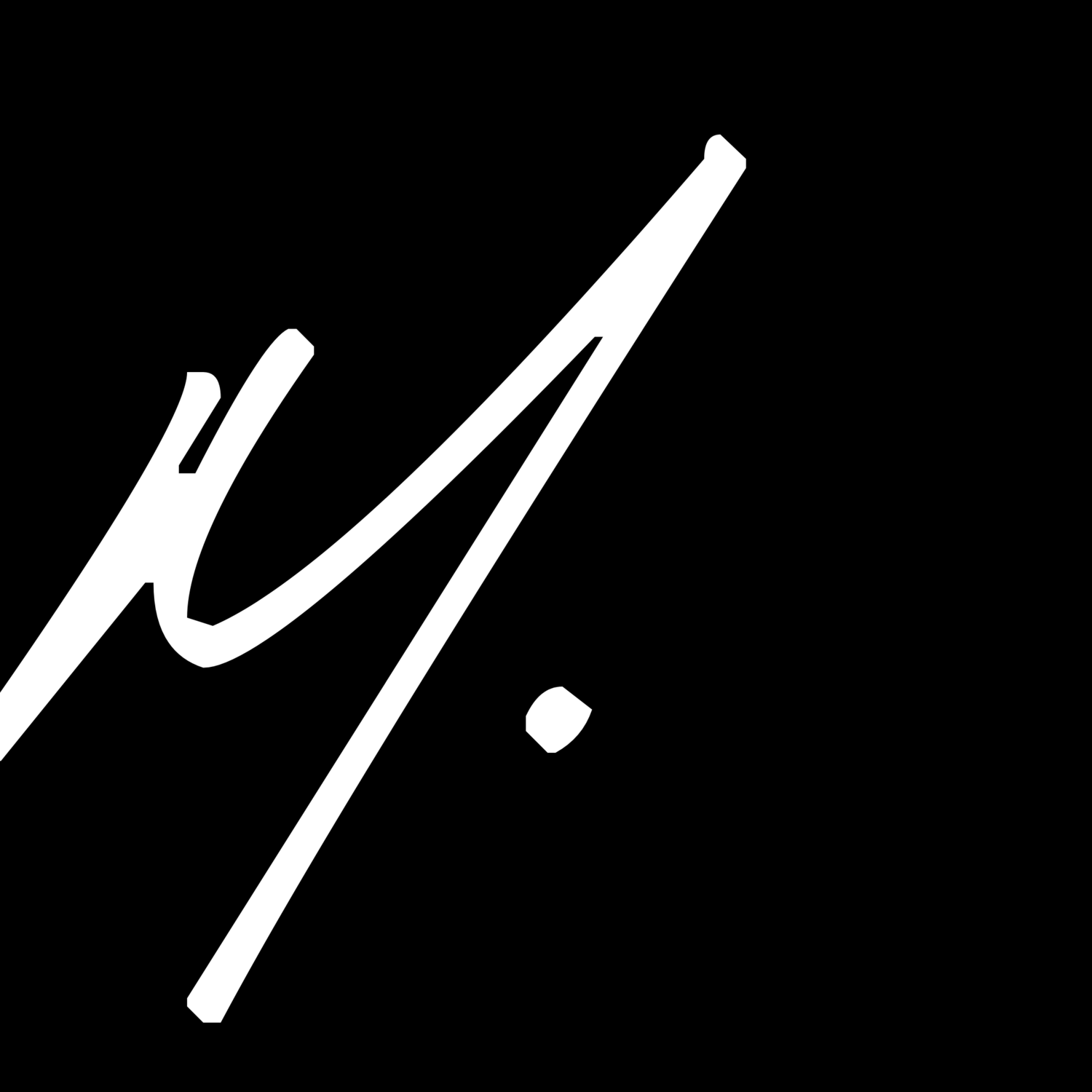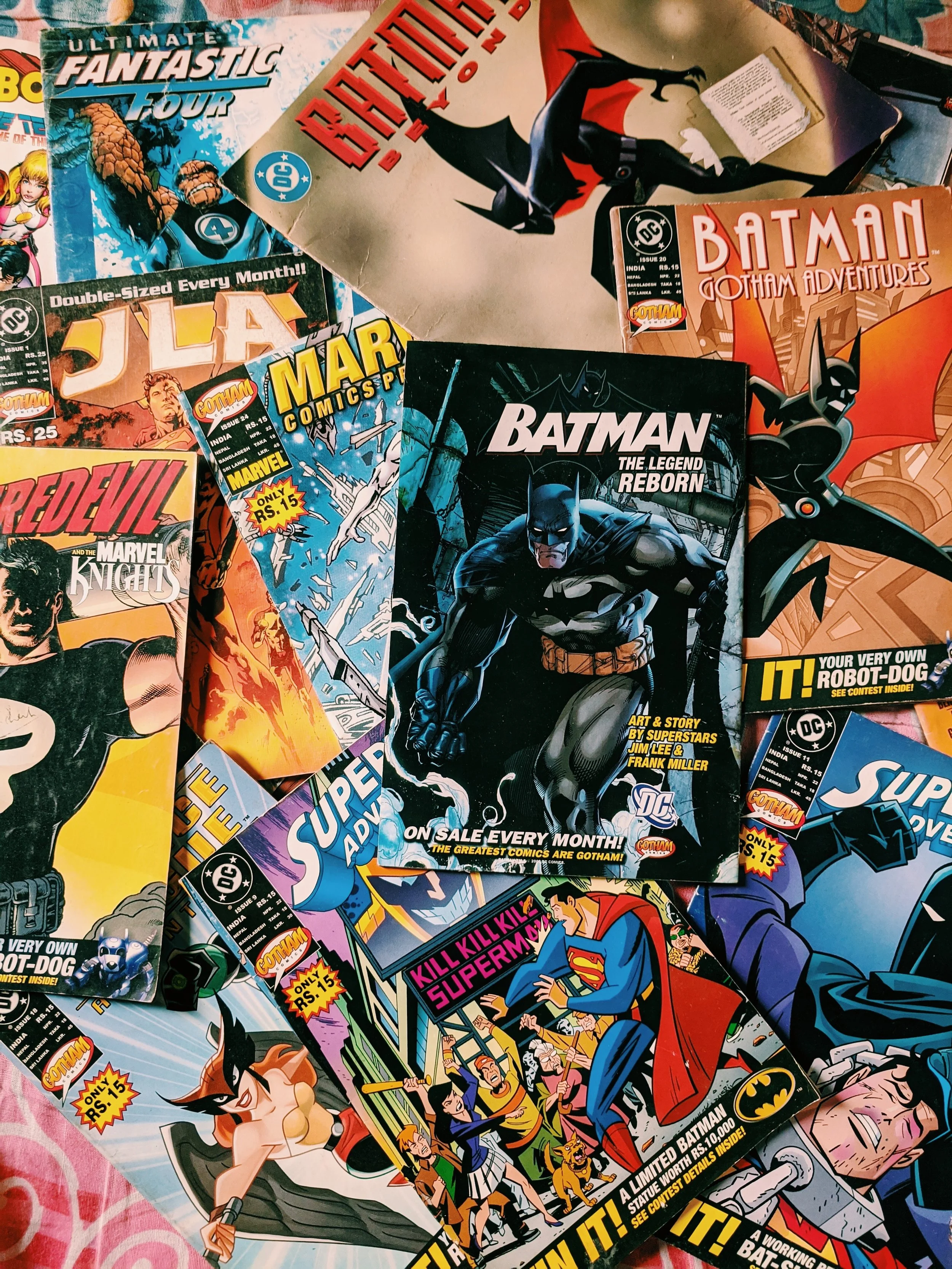Marvel Studios' Success Story: DC's Struggle to Compete
In the realm of comic book adaptations, two major powerhouses have dominated the silver screen for decades: Marvel Studios and DC. Marvel's cinematic universe, with its interconnected storytelling and unprecedented success, has been a game-changer in the industry. On the other hand, DC has faced numerous challenges in replicating Marvel's triumphs, leaving fans and critics pondering the reasons behind their struggles. In this blog, we will explore Marvel Studios' success and achievements, while also analyzing DC's efforts to replicate and compete.
Marvel Studios: A Narrative Marvel
Marvel Studios' achievement lies in its ability to craft a cohesive and intricate cinematic universe that intertwines the stories of numerous characters. From the genius billionaire Tony Stark (Iron Man) to the patriotic super-soldier Steve Rogers (Captain America) and the mighty god Thor, each character has been given depth and complexity. The interconnecting storylines have enabled Marvel to build anticipation and excitement, with films teasing future events and delivering payoffs that satisfy audiences.
Marvel's storytelling formula embraces a delicate balance of humor, emotional moments, and high-stakes action. This blend resonates with viewers, creating a sense of investment and attachment to the characters and their journeys. The studio has demonstrated a willingness to take risks, introducing lesser-known characters like the Guardians of the Galaxy and Black Panther to critical acclaim and commercial success.
The Marvel Cinematic Universe's success also lies in its meticulous planning. The interwoven narratives, accompanied by post-credit scenes and Easter eggs, create a sense of a living, breathing universe. Marvel's consistent quality and attention to detail have resulted in a dedicated fan base that eagerly anticipates each new installment.
DC: Struggles in Replication
While DC has produced iconic characters like Batman and Superman, their attempts to replicate Marvel's cinematic success have been met with mixed results. DC's initial focus on standalone films without a clear overarching plan led to a disjointed universe lacking cohesion. Though films like Christopher Nolan's "The Dark Knight Trilogy" were highly acclaimed, they operated independently from any shared universe.
DC's attempts to compete with Marvel led to the creation of the DC Extended Universe (DCEU). However, critical reception and box office performance have varied widely across films. The lack of consistent quality and storytelling vision has left audiences wanting more. Frequent creative changes, tonal inconsistencies, and rushed development have hindered the DCEU's ability to captivate audiences on the same scale as Marvel's MCU.
The lack of a unified vision has left audiences yearning for the immersive experience Marvel effortlessly provides. Despite glimmers of success in standalone films like "Wonder Woman" and "Joker," DC has struggled to create a brand synonymous with anticipation and cohesiveness.
Impact on Brand Perception
Marvel Studios has etched its brand as a symbol of excellence, anticipation, and a commitment to storytelling. The MCU has transcended the big screen, seeping into television, comics, and merchandise, creating a robust and loyal fanbase. Marvel's success has elevated its brand beyond movies, creating an empire built on interconnected narratives.
In contrast, DC's struggles to replicate this success have impacted its brand perception. The lack of a cohesive universe has resulted in a perceived inconsistency, hampering DC's ability to fully capitalize on its rich tapestry of characters across various media. While individual successes exist, the overall brand lacks the unified identity that Marvel effortlessly exudes.
In the ongoing saga of Marvel Studios vs. DC, the tale is far from over. Marvel's success has set a high bar, while DC's journey to find its cinematic identity continues. The competition between these giants is not just about box office numbers but the narratives that capture hearts and imaginations. However, it's worth noting that success in the entertainment industry is not solely based on emulating others. DC possesses a rich roster of beloved characters and stories that, with the right vision and approach, could captivate audiences in their unique way. As fans, we can hope that DC takes the lessons learned from Marvel's success to forge their path forward, offering compelling narratives that resonate with viewers and compete on an equal footing.


